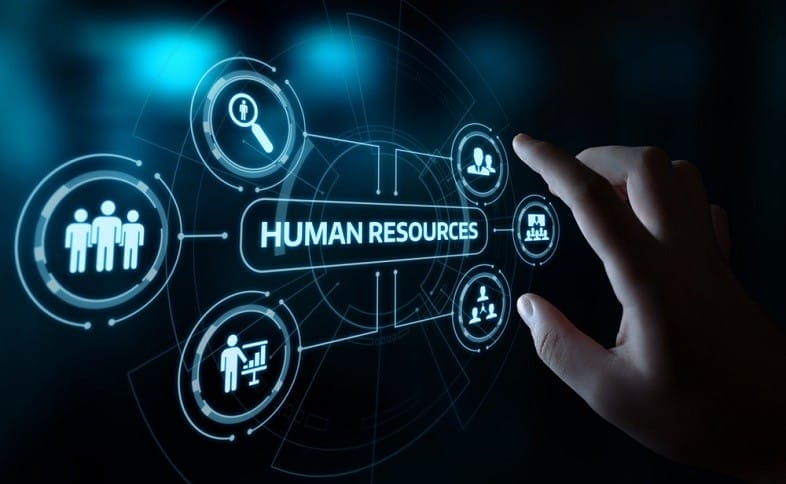Embracing the Future: HR Technology and Automation
March 22, 2024 2024-04-04 9:38
Embracing the Future: HR Technology and Automation
In the ever-evolving landscape of the modern workplace, the integration of technology and automation within Human Resources (HR) practices is not just a trend but a significant shift towards more efficient, effective, and inclusive HR management. From recruitment to retirement, technology is revolutionizing the way HR departments operate, offering unparalleled opportunities for innovation and improvement. This article explores the transformative impact of HR technology and automation on the workforce and the future of work.
The Revolution of Recruitment
The advent of Applicant Tracking Systems (ATS) and AI-driven platforms has transformed the recruitment process, making it more streamlined and bias-free. Automation in screening resumes, scheduling interviews, and even conducting initial assessments has drastically reduced the administrative burden on HR professionals, allowing them to focus on more strategic aspects of their role. Moreover, these technologies have enabled a more inclusive recruitment process by minimizing unconscious biases, thereby promoting diversity and equality in the workplace.
Enhancing Employee Experience
HR technology has significantly improved the employee experience, from onboarding to career development and even offboarding. Digital onboarding platforms offer new hires a smooth and engaging start, ensuring they feel welcomed and well-informed from day one. Similarly, Learning Management Systems (LMS) and other online learning platforms provide employees with personalized learning experiences, supporting continuous professional development and career growth.
Streamlining Payroll and Benefits Administration
Automation of payroll and benefits administration has not only enhanced accuracy and compliance but also transparency and accessibility for employees. Cloud-based payroll systems automate tax calculations, deductions, and pay distributions, reducing errors and ensuring compliance with tax laws and regulations. Similarly, automated benefits platforms allow employees to easily access and manage their benefits, fostering a sense of empowerment and satisfaction.
Data-Driven HR Decisions
Perhaps one of the most significant impacts of HR technology is the ability to make data-driven decisions. HR analytics tools can analyze vast amounts of data to identify trends, predict outcomes, and inform strategic decisions. This capability enables HR professionals to proactively address issues such as employee turnover, engagement, and productivity, aligning HR strategies with organizational goals.
Preparing for the Future
As we look to the future, the role of technology in HR is set to grow even further. Emerging technologies like blockchain for credential verification and the Internet of Things (IoT) for enhancing workplace safety and productivity are on the horizon. To stay ahead, organizations must continue to embrace and invest in HR technology, ensuring they remain competitive in attracting, developing, and retaining top talent.
Conclusion
The integration of technology and automation in HR practices represents a significant leap forward in how organizations manage their most valuable asset: their people. By leveraging these tools, HR professionals can enhance the employee experience, improve efficiency and accuracy, and make data-driven decisions that propel their organizations forward. As we embrace the future of work, the role of HR technology and automation will undoubtedly be central to shaping a more effective, efficient, and equitable workplace.
Related Posts
Embracing the Future: HR Technology and Automation
March 22, 2024 2024-04-04 9:38Popular Tags






























